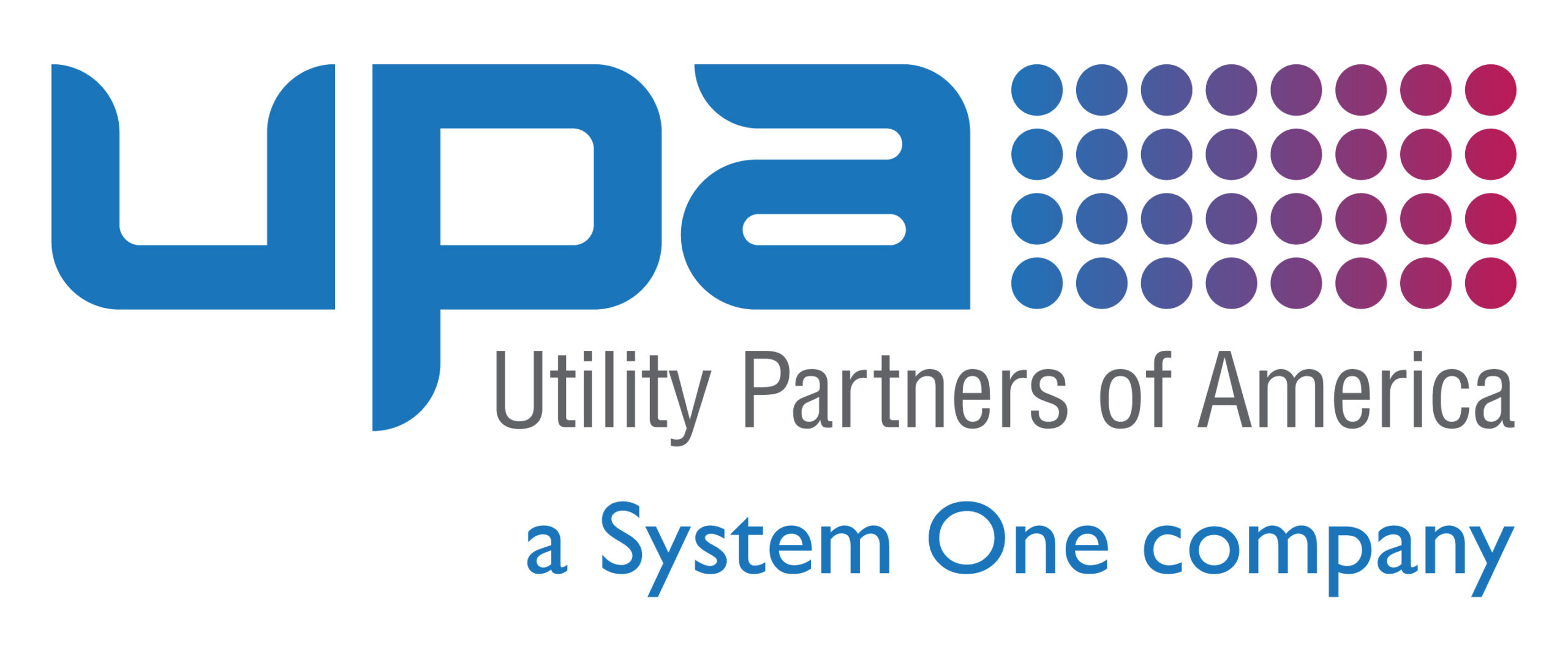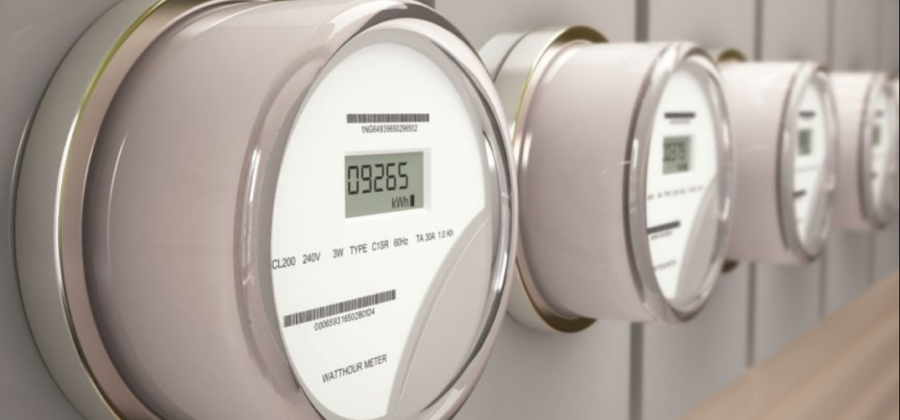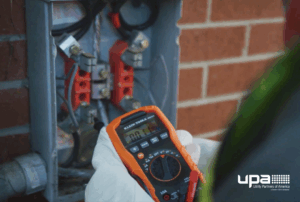The usage of data, robotics, and internet-enabled automation have revolutionized our lives. This technology also continually enhances processes and experiences, from watching TV to using cell phones to boiling water for tea. Also known as smart technology, these advancements receive the most attention when integrated with consumer goods. But, there are some industrial use cases for smart technology that are shaking up the status quo.
For utilities, smart technology as part of infrastructure benefits both the company and the customer. According to the U.S. Energy Information Administration, there were nearly 87 million smart meters installed for electric utilities alone in 2018. It’s likely that the number of installations has increased since then across multiple utility sectors, and for good reason. Let’s explore the positive impact smart meters can have on utilities and their customers.
The differences between a smart meter and “regular” meters
Over the years, consumers have grown to associate “smart” technology with capabilities that allow for easier, more robust, or data-driven action. For instance, people today use portable smartphones as ubiquitously as desktops to check their email. Smart faucets can dispense exact measurements via voice command without a human having to eyeball the water in a cup. And video doorbell cameras enable homeowners to see onto the front porch from the couch. That same type of evolutionary progress is present in smart meters.
Unlike regular meters that require an in-person visit each location, smart meters transmit that data automatically at regular intervals. Transparency of this sort and the related real-time updating also gives flexibility to the customer who can now monitor their consumption similarly in real-time.
Impact on utility companies
As mentioned, data from smart meters arrives automatically, at regular intervals. So, there’s no need to send technicians out to check usage, which benefits utility companies in a few ways. Perhaps the most obvious advantage of this method is time and staffing. Utilities can repurpose employees who once spent the entire day walking from house to house into roles with more substance. Providing added value to the customer.
Additionally, smart meters are instrumental in promptly identifying areas of concern like electric outages and water leaks. With regular meters, these problems usually only come to the attention of the utility when a customer recognizes the issue. Smart meters, however, facilitate nearly real-time recognition so that utilities can get a jump on either repairing or replacing whatever is faulty.
Related: Minimizing Damage When You Spring a Leak
Smart meters are also more likely to detect billing problems before they get out of hand. Such a feature can generate plenty of goodwill for the utility with customers.
Impact on customers
For all the good that a smart meter does for the utility company, one could easily say it provides an equal benefit for the customer. While the smart meter provides frequent updates on consumption, that same data is also available to the customer. So, the customer can analyze their usage and find areas that they can reduce wattage and save money. This type of feedback is a significant advantage for environmentally-conscious customers, as they can limit wasteful energy use.
Some utility companies may ask the customer to purchase or rent their smart meter, but many will offer it for free because of the benefits it provides to all parties involved.
Though some customers may opt-out of smart meter programs due to perceived privacy concerns, the pros of this technology far outweigh the cons. Utility Partners of America has worked with utility companies and energy co-ops for more than two decades. Then and now, they support companies in their efforts to improve processes and the experiences of their customers.
If you’re a utility company interested in learning what we can do for you, don’t hesitate to contact us today.




